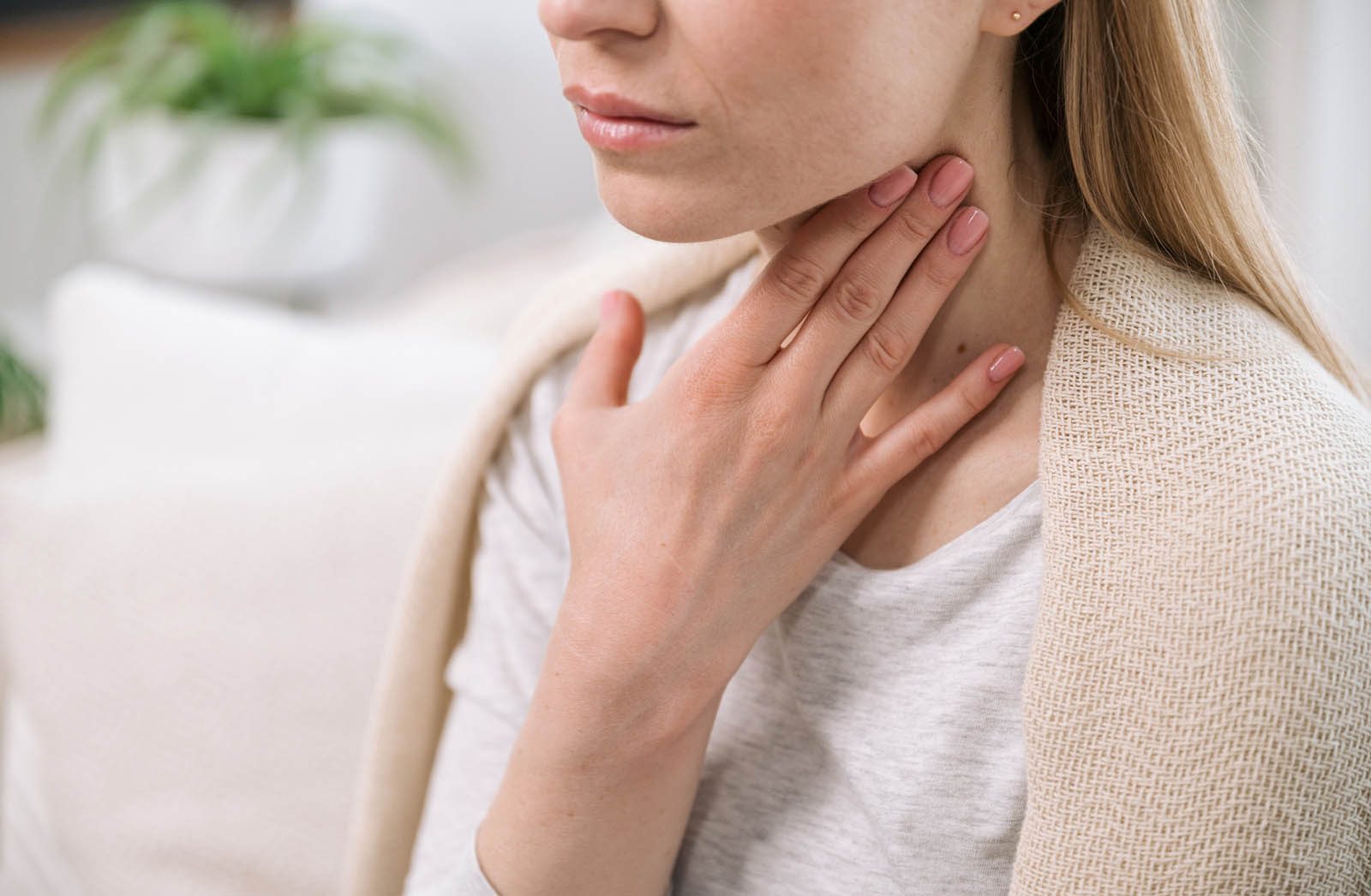 If you’re one of the 40 to 60 million Americans with hay fever, your symptoms have probably flared up in the past few months.1 Fortunately, there are many treatment options to alleviate uncomfortable allergy symptoms like sneezing, scratchy throat and itchy eyes.
If you’re one of the 40 to 60 million Americans with hay fever, your symptoms have probably flared up in the past few months.1 Fortunately, there are many treatment options to alleviate uncomfortable allergy symptoms like sneezing, scratchy throat and itchy eyes.
Most seasonal allergies are mild enough that the symptoms can be managed with over-the-counter antihistamines. The only problem is, many Americans don’t want to spend $20 to $40 per pack of allergy pills. More and more people have been turning to a natural alternative that doubles as a tasty snack – raw local honey.
The Theory Behind the Healing Powers of Honey
Some people believe raw local honey can cure seasonal allergies through a process called immunotherapy. Many medical treatments, such as allergy shots, are also based on this principle.
The general idea is that you can desensitize the immune system to an allergen by exposing the body to small amounts of it over time. Eventually, the body stops overreacting altogether and the patient’s allergies disappear.
How would this process work with honey? Unlike grocery store varieties, raw local honey contains pollen from the immediate environment. Pollen is the main culprit of seasonal allergies. Thus, if you consume small amounts of pollen over time, your body will stop recognizing local pollen as a threat.
At least, that’s the theory.
The Evidence Against Raw Local Honey
Sadly, it’s highly unlikely that eating raw local honey will cure your seasonal allergies. There is very little scientific evidence to suggest any sort of healing effect. Of the studies that do exist, the sample sizes are too small to generalize to the U.S. population, and the results are conflicting at best.2
The honey cure is supported primarily by anecdotal evidence. While anecdotes can be helpful, they are also subjective and frequently riddled with errors and disproportionality overrepresent positive outcomes. For example, if a person’s allergy symptoms stop after two months of eating honey, they may assume the honey cured their allergies. However, it is also possible – and much more likely – that trees in their area stopped releasing pollen because of seasonal changes.
Debunking the Honey Cure
There are a few other reasons to assume that honey’s curative effects have been vastly overstated. Firstly, there is no way for the average consumer to verify how much pollen is present in their honey. The amount is likely so small that it would not have a therapeutic effect on the body.
Many people don’t realize that bees make honey out of nectar, the sugary sweet liquid excreted by flowers, and not pollen, the powdery substance used for fertilization. Bees are attracted to nectar, and as they collect it to make their honey, pollen accidentally sticks to their legs. In other words, pollen is a trace contaminant in honey, not the main ingredient.
Also, even if there was enough pollen in raw local honey to trigger the immune system, it would probably be the wrong kind. Bees typically pollinate colorful flowers, yet most people are allergic to pollen released by grasses, trees and weeds.
Why Eating Raw Local Honey May Make Symptoms Worse
You may still be inclined to give local honey a shot, especially if your allergy symptoms are particularly irritating. However, raw local honey is not filtered and processed the same way as the honey on grocery store shelves. This means it could be full of impurities, like:
- Pollen
- Mold
- Bee body parts
- Bee venom
- Bacteria
- Other contaminants
Ingesting any of these substances could potentially make you sick. There is also a chance of developing an allergic reaction to either the pollen or the other impurities. You could even go into anaphylactic shock if the honey contains bee venom and you are deathly allergic to bee stings.
The One Verified Benefit of Honey
While honey may not alleviate your allergies, there is evidence to suggest that it can suppress coughs. If you’re constantly hacking, eating a spoonful of honey or drinking a cup of honey-sweetened tea may stop the fits and soothe your throat. Grocery store honey works fine for this purpose.
Treating Your Seasonal Allergies at Allergy & ENT Associates in Houston
For some people, no amount of honey or over-the-counter allergy medicine will work. If you’re struggling with your symptoms, come in to see the specialists at Allergy & ENT Associates. We provide allergy testing, allergy shots, rush immunotherapy and allergy drops to bring our patients relief. Call us at (713) MY-SINUS to schedule your appointment today.
1 https://acaai.org/allergies/allergic-conditions/hay-fever/
2 https://www.healthline.com/health/allergies/honey-remedy#research



